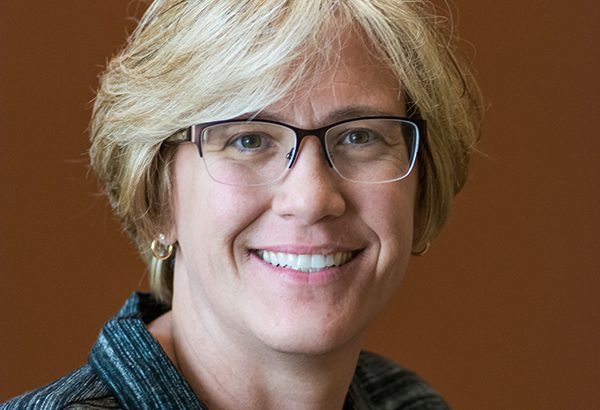
Labels and Identity A Disability Narrative by Lisa Boskovich, M. Ed., TPI Graduate Research Assistant
January 16, 2018
Neurodiversity, Autism Spectrum Disorder, Autism Spectrum, Asperger’s. All these terms are labels. Which one fits the complexities of the self-called I? What happens when I add in; writer, poet, researcher, Graduate Research Assistant (GRA), and 3rd year Ph.D. student? What becomes of the other labels I may identify with? What if I write the word “Asperger’s” as an identity, even though the Diagnostic Statistical Manual, fifth edition (DSM-5)has collapsed that term into “Autism Spectrum Disorder.” Does that modify the perceptions others may now have/hold of me? Even though the DSM-5 collapsed Asperger’s, its’ attributes still fit me best. My Asperger’s characteristics include; seeing the world through a black and white lens (something I am working on, as the world has many shades of gray), perfectionism, sensitivity to the world and to people at times, viewing the world through a multilevel lens, while dealing with thoughts that can become overwhelming. For example, a thought that may be overwhelming is a tendency to overthink.. Conversely, my definition of Asperger’s includes; viewing the world though an innovative way of thinking and processing, with a combined capacity for high levels of focus and motivation. However, I still wonder about the disempowerment or empowerment of a label.
Do labels disempower or empower? That answer is dependent upon who is asked. I have wrestled with this for the past five years. If I claim a label, does it offer an explanation for others to understand me deeper? Or does the label restrict my identity and how others perceive me? Labels carry baggage with them and create perceptions. Subsequently, those perceptions carry power. This power has the potential to help or harm the individual who is on the spectrum. Autism has always been with us, now we have more labels to define it. Although we must ask, are those definitions and labels also serving as limitations?
The neurodiversity movement would have me reclaim and redefine impairment. What if the construct of impairment has no place in my identity? What if I view my way of being and thinking in this world as a part of an evolutionary process? Is autism a variant in our human condition? Does my range in thinking of autism as an evolutionary process offer a definition further removed from the medical model? Or does it offer me my only inner speculation and contrast to diagnosis? When definitions are written by professionals, not by the very individuals with the disability themselves, there is something lost.
I do not wake up in the morning and place my Autism/Asperger’s identity around me like a shield. I move freely; it is the air I breathe, ever present, a living part of myself. This characterization of how my identity presents in this world is based on my continuing journey of self. To be open and honesty in one’s identity, and label disclosure, is a coming out process. First, there is a coming out to self, then to others.
My complexities as an individual along the wide spectrum of autism defy even my own claimed label of Asperger’s. I am more than a collection of labels and definitions, even imposed by self, to define for others who I am.
Lisa Boskovich is a Graduate Research Assistant at the Thompson Policy Institute on Disability and Autism and a Ph.D. student at Chapman University, where she also received her Master’s in Special Education. Lisa’s main focus of research encompasses two areas, (1) the voices of father’s who have a child on the Autism Spectrum, (2) the phenomenological experience of Learning Disabilities and the impact of Learning Disability upon identity. Lisa has presented her research at several conferences over the past few years. Her most recent presentations included presenting at the American Education Research Association (AERA) on disability disclosure in higher education. Her work centers on the social model of disability and its’ impact in today’s education system, as well as the intersectionality of disability and identity.